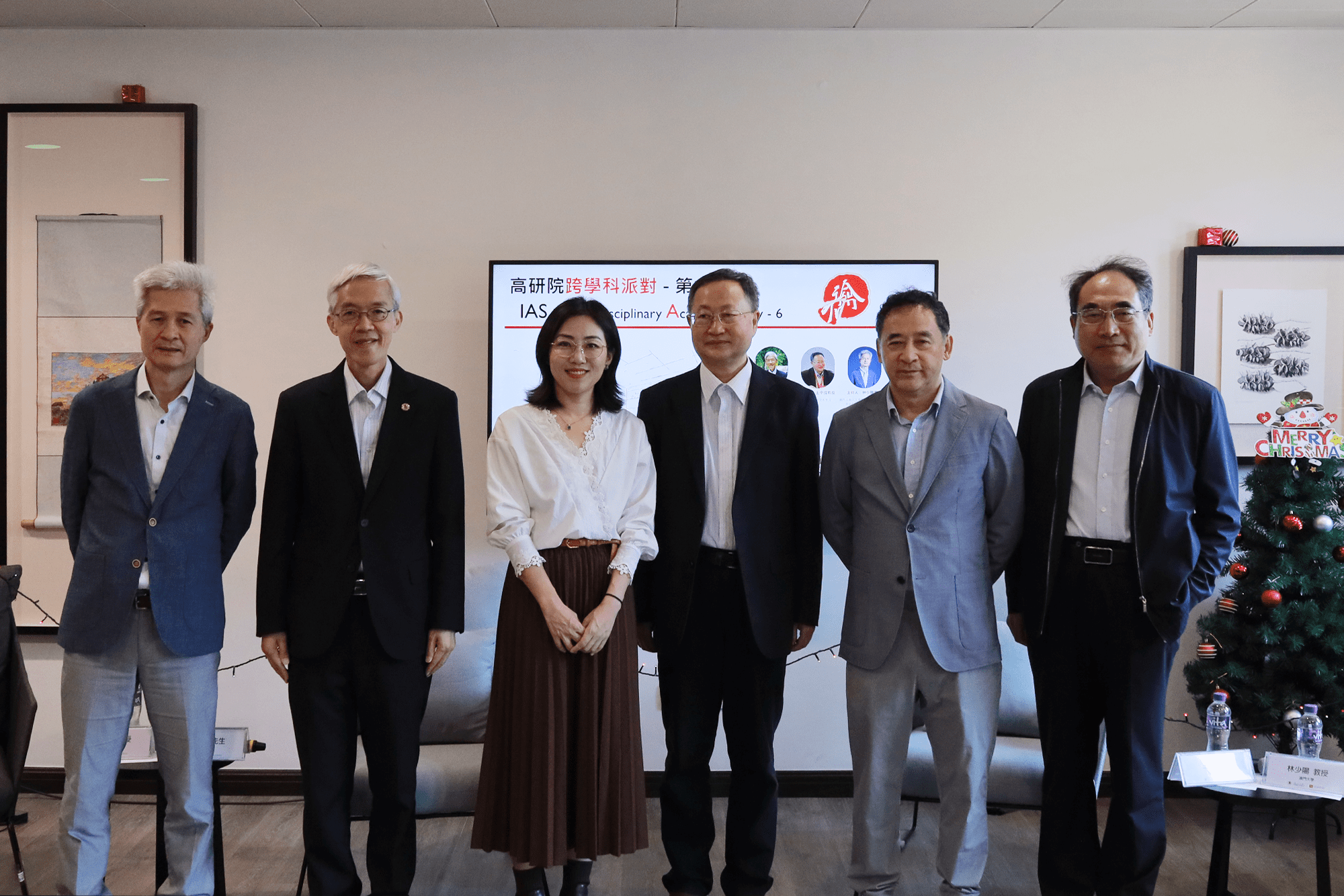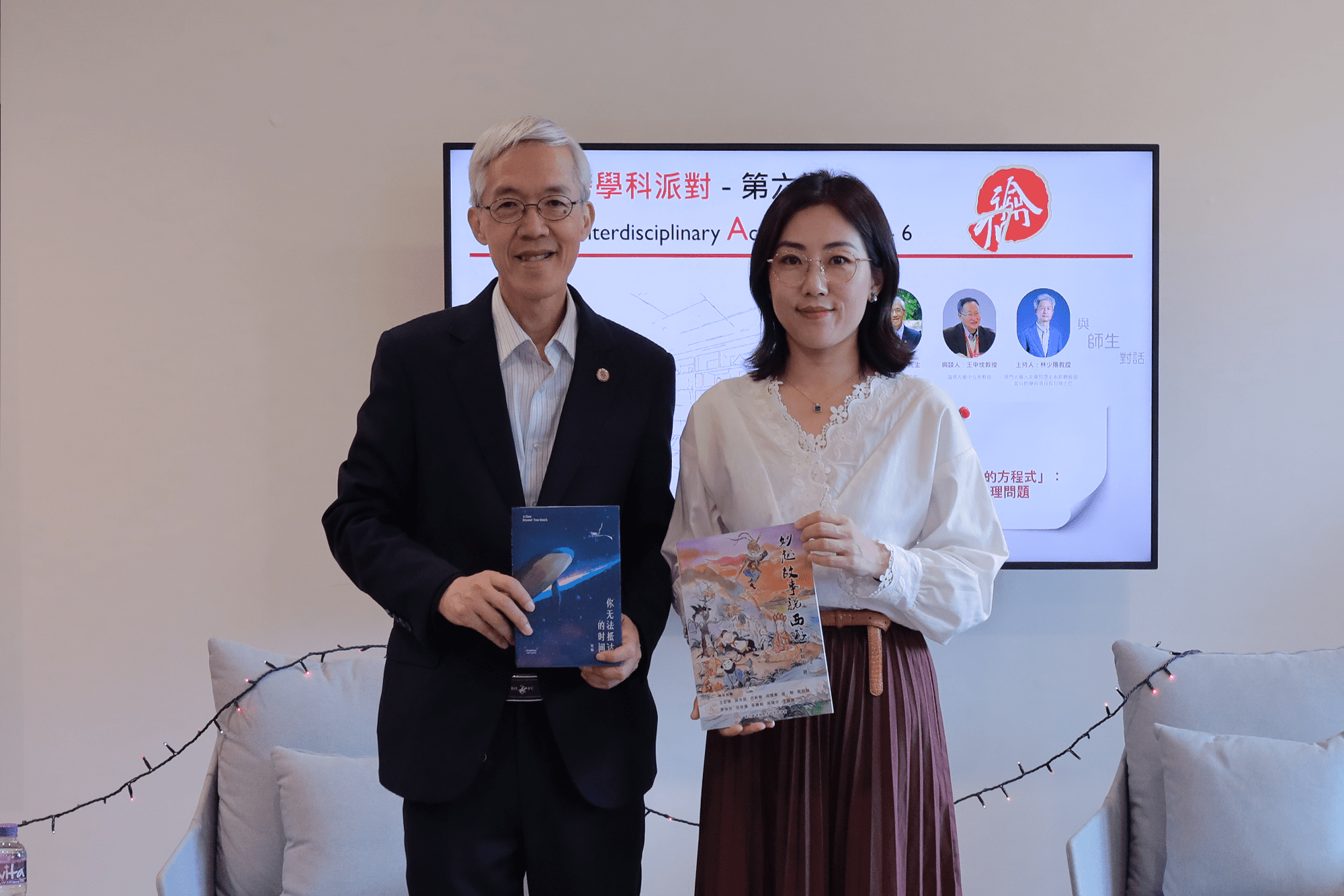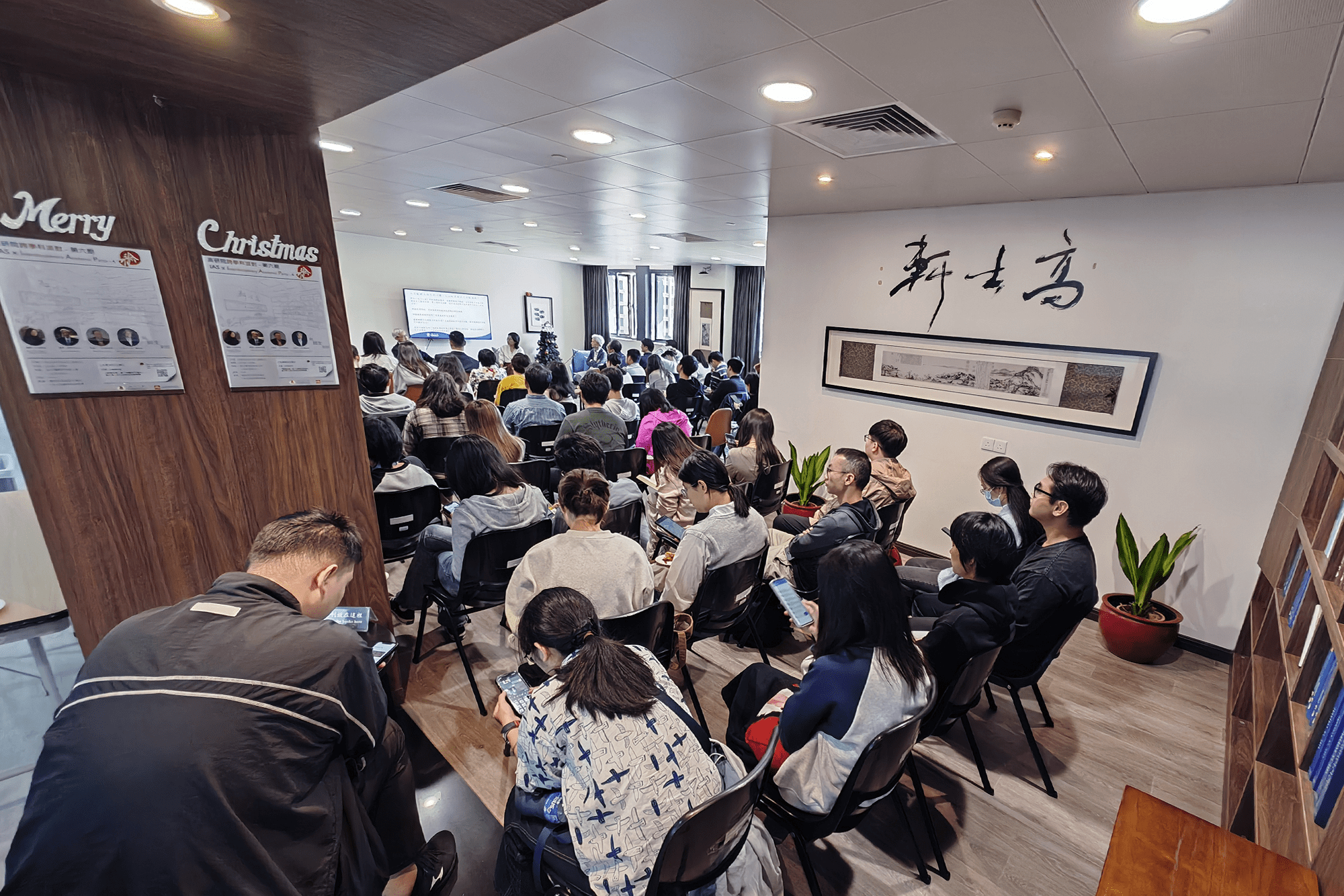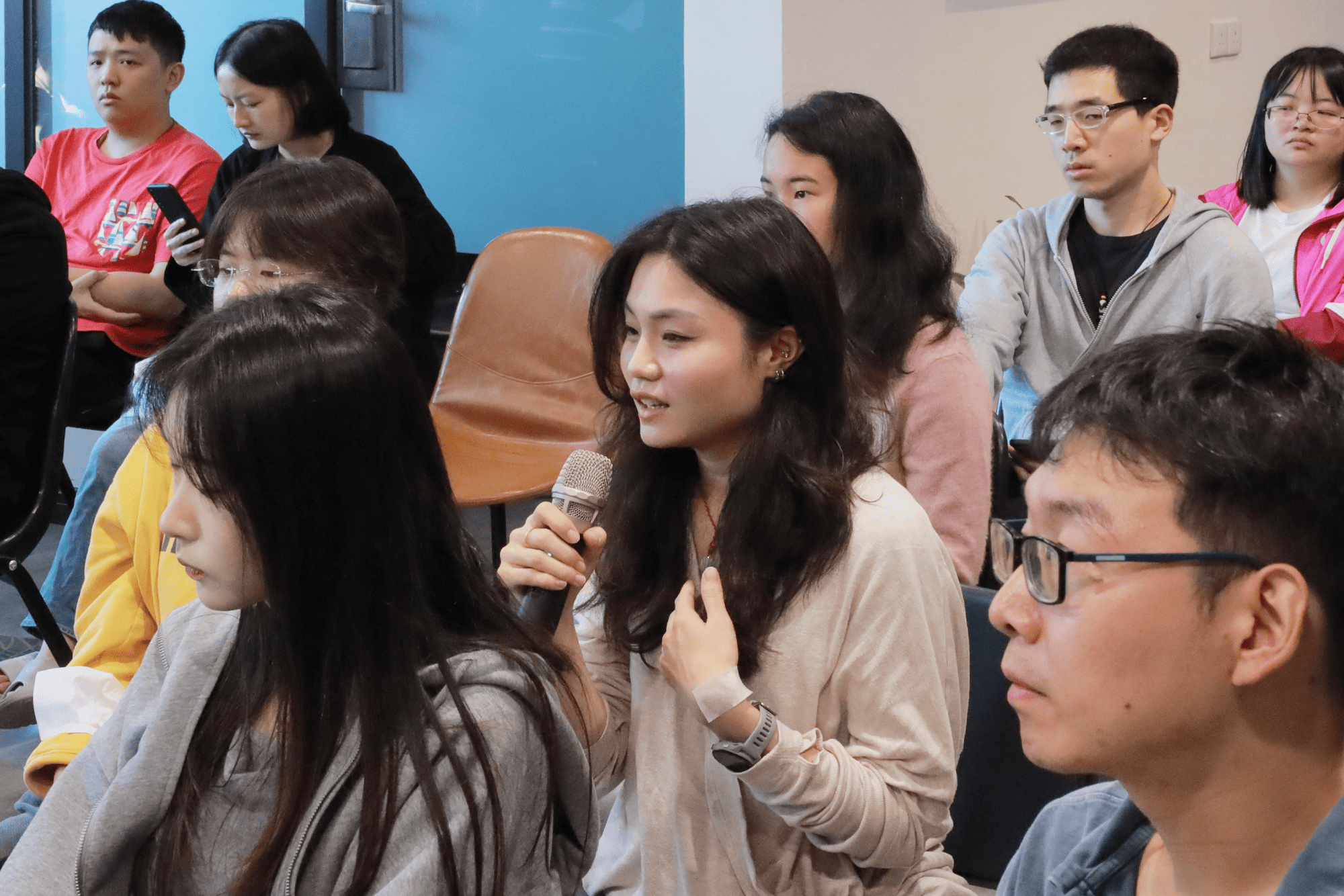【IAS】The IAS x Interdisciplinary Academic Party – 6 was successfully conducted
【高研院】高研院跨學科派對 – 第六期成功舉行

12月4日,澳門大學人文社科高等研究院(高研院)主辦的「高研院跨學科派對」第五期於崇文樓高研院高士軒成功舉辦。本次活動以「幻想、文學與科技——『蝴蝶效應』與『冷酷的方程式』:當代華人科幻的科技治理問題」為主題,邀請了西安交通大學教授、中國著名科幻作家王瑤教授和澳門大學學生事務長彭執中先生擔任講者,並由清華大學中文系教授王中忱教授擔任與談人,澳門大學人文學院歷史系特聘教授、高研院學術項目與刊物主任林少陽教授擔任主持人。
王瑤教授首先介紹了「蝴蝶效應」的概念,強調其不僅是環境學術語,更已成為大眾文化的一部分。她通過劉慈欣的《混沌蝴蝶》、趙海虹的《雲使》和陳梓鈞的《寒風吹徹》等作品,探討了科技與人文之間的複雜關係。王教授指出,在後劉慈欣時代,中國科幻應超越二元對立,呼喚跨學科的想像力,以應對當前科技治理的挑戰。
彭執中先生則從兒童文學的角度分析了人工智能與人類道德的關係。他提到,雖然科技進步迅速,但人類在道德和價值觀上的提升相對滯後。他建議,未來的人工智能應具備情感能力,以更好地理解和服務人類。
王中忱教授則認為科幻文學在思想啟發和社會反思方面的作用日益凸顯。尤其在面對科技快速發展的當下,科幻文學已經從邊緣化的文類上升為核心地位,值得我們重視。在問答環節,參與者積極提問,討論了科技對人類生活的影響,科幻與科普的關係等問題。與會者們一致認為,科技與人文應當相輔相成,共同推動社會的進步。
本次跨學科派對引發了與會師生的熱烈反響,不僅促進了文學與科技的交流,也為參與者提供了深入思考當代科技治理與人文關懷的機會。
On December 4, the sixth session of the “IAS X Interdisciplinary Academic Party,” organized by the Institute of Advanced Studies in Humanities and Social Sciences (IAS) of the University of Macau (UM), was successfully held in the Common Room at the IAS in the Cultural Building. The theme of this session was “Fantasy, Literature, and Technology—The ‘Butterfly Effect’ and the ‘Cold Equations’: Issues of Technological Governance in Contemporary Chinese Science Fiction.” The event featured Prof. Yao Wang, also known as a Chinese science fiction writer, from Xi’an Jiaotong University, and Mr. Chapchong Pang, Paul, Dean of Students at the UM. The discussant was Prof. Zhongchen Wang from the Department of Chinese Language and Literature at Tsinghua University, and the moderator was Prof. Shaoyang Lin, Head of Academic Programme and Publication of IAS and Distinguished Professor of the Faculty of Arts and Humanities (FAH) at the UM.
Prof. Yao Wang introduced the concept of the “Butterfly Effect”, emphasizing that it is not only an environmental term but has also become part of popular culture. She analyzed the book Chaotic Butterfly by Cixin Liu, Meghaduta by Haihong Zhao, and The Cold Wind Blows Through by Zijun Chen, exploring the complex relationship between technology and humanity. She also pointed out that in the post-Cixin Liu era, Chinese science fiction should transcend binary oppositions and call for interdisciplinary imagination to address current challenges in the technological world.
Mr. Paul Pang approached the topic from the perspective of children’s literature, discussing the relationship between artificial intelligence and human morality. He noted that while technology is advancing rapidly, the enhancement of human moral values lags. He suggested that future AI should possess emotional capabilities to understand better and serve humanity.
Prof. Zhongchen Wang commented that the role of science fiction literature in inspiring thought and reflecting on society is becoming increasingly prominent. Especially in rapid technological advancement, science fiction has risen from a marginalized genre to a central position, which deserves our attention.
During the Q&A session, participants actively posed questions and discussed issues such as the impact of technology on human life and the relationship between science fiction and popular science. Attendees agreed that technology and the humanities should complement each other to jointly promote social progress.
Overall, the discussions sparked enthusiastic responses from faculty and students. This interdisciplinary party not only facilitated exchanges between literature and technology but also offered participants a chance to deeply ponder contemporary technological governance and humanistic concerns.






